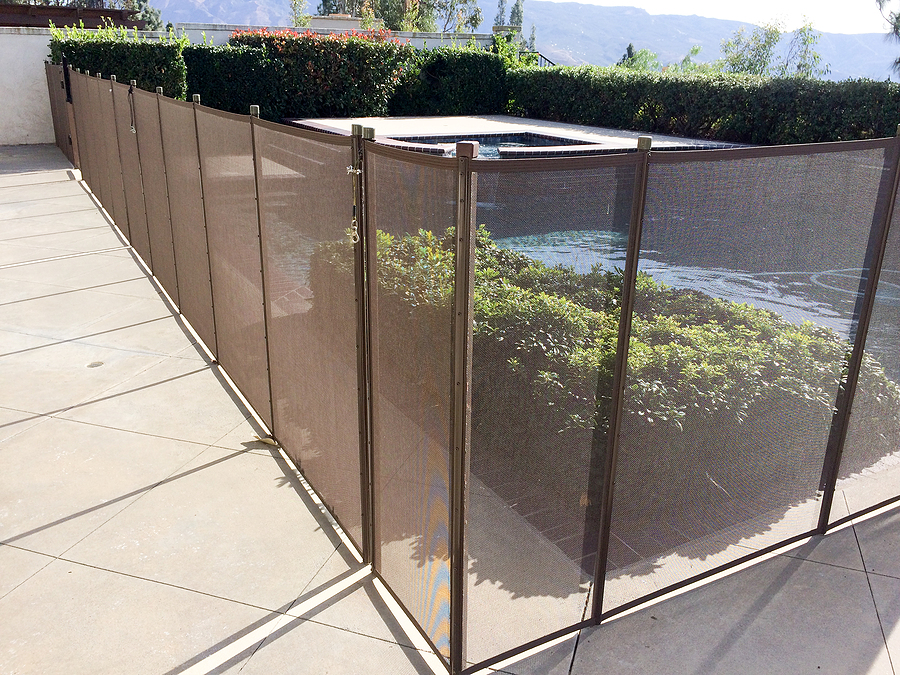Certified CPO ® Tips: Avoiding Common Swimming Pool Accidents
The CPO ® training delivers as much information as possible on swimming pool safety. While you never know exactly when a swimming pool accident may occur, there are ways to help prevent some of the most common accidents that occur in and around a swimming pool. The following are tips to help to keep swimmers safe.
Fencing
Drowning is the top cause of accidental death in one to four-year-old children. Every measure must be taken to keep children away from swimming pools. Adult supervision is the best way to prevent drownings. Barriers around your pool, such as fencing, are often required by state and local codes. Children aren’t the only reason to install fencing, you can prevent pets from drowning and keep out trespassers that could potentially get hurt on your property. Having a five-foot fence around the swimming pool deck is a great way to prevent these accidents. Check with your local town for barrier requirements.
Supervised Swimming
You don’t need to be a certified CPO ® to see that having supervision for swimmings is a good idea. Both children and adults should have someone present that knows how to swim, is focused on the pool and swimmers, and knows CPR. Even the strongest swimmer can cramp up and find themselves in a dangerous situation, no individual should ever swim alone. They say “always swim with a buddy”.
Pool Rules And Warnings
At commercial swimming pools, signs containing swimming pool rules are a legal requirement. This is due to the fact that awareness of swimming hazards alone has been proven to reduce the risks of swimming pool accidents. While signage is not typical for residential pools but, as a certified CPO ® company we suggest posting signs for no diving and pool rules. At the very least, make all swimmers aware of some basic pool rules before they swim. The rules should include things like not running near or around the pool, entering the water feet first, and keeping alcohol and glass bottles away from the pool.
Drain Hazards
As a certified CPO ® company, we know the dangers of drowning posed by pool drains. They can cause entrapment accidents when clothing or hair gets sucked into them or body parts become entrapped. The drain should always be covered as required by the manufacturer and federal and/or state law. You should also make sure to have your drain properly inspected to sure it is up to code and follows the most recent standards of safety.
Diving
Simply put, diving is an unsafe activity. This is especially true at residential swimming pools. Many residential pools are not “diving pools”. Improperly diving and hitting the pool floor can cause brain trauma, damage to the spinal cord, and more. As a Certified CPO ® professional, we suggest avoiding diving at residential pools altogether.
Alcohol
Next on our list of certified CPO ® safety tips is alcohol. In movies and television, we often see the trope of ‘kicking back, relaxing and having a cocktail by the pool.’ In reality, drinking by the pool is a very dangerous practice that is responsible for countless accidents, which are sometimes fatal. Even drinking in a hot tub is very dangerous. Simply put, keep alcohol out of the equation and you can save lives.
Certified CPO ® Professionals
Pool Operation Management’s pool safety tips are general tips designed to promote risk awareness and ensure swimmer safety. The best way to understand swimming pool safety is to become CPO® certified. Interested in more than pool safety? You can learn from the experts and become CPO® certified at Pool Operation Management.
Pool Operation Management’s award-winning CPO training courses train you how to properly operate a swimming pool or spa facility. Our two-day courses offer a wealth of information and training in everything from pool chemicals to energy conservation to risk and liability. We also pride ourselves in our ability to offer the best in residential and commercial pool services, including pool operator training. Contact us for a complete and comprehensive pool experience.







